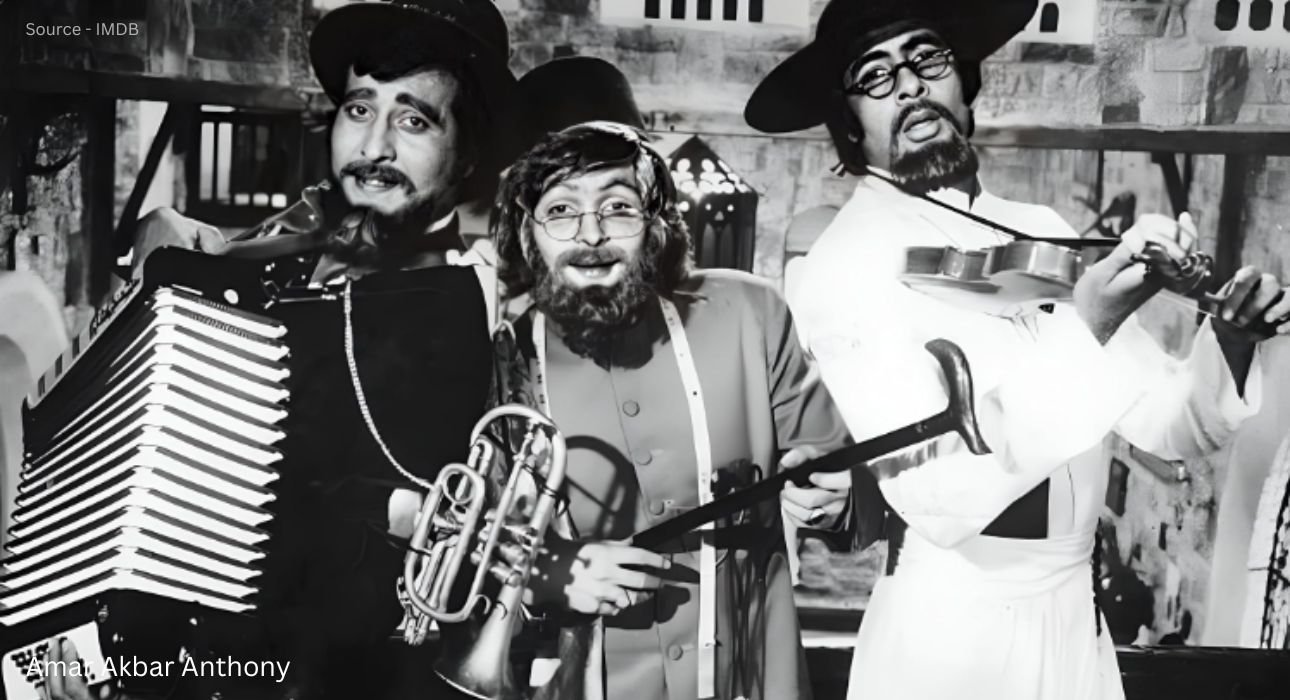For as long as we can remember, cinema has been viewed primarily as a source of entertainment. However, it is much more than that—it is a profound reflection of human emotions, struggles, and triumphs. In times of mental health crises, people often turn to films for comfort, understanding, and even therapeutic relief, often without consciously realizing their healing potential. Whether through storytelling that fosters empathy or narratives that encourage self-reflection, cinema has an extraordinary ability to heal and transform lives.
Read More: Incorporating Storytelling in Education
The Healing Power of Storytelling
Films create a safe emotional space where audiences can confront feelings they may struggle to express. They validate personal experiences, demonstrating that mental health challenges are universal and that healing is achievable. Numerous psychological concepts support the therapeutic power of storytelling, including narrative therapy, catharsis (emotional release), social connection and empathy, cognitive processing and meaning-making, and therapeutic storytelling in mental health practices.
Aristotle’s concept of catharsis suggests that expressing emotions through storytelling leads to psychological relief. Similarly, storytelling fosters empathy and strengthens social bonds, helping individuals feel less isolated and more connected to others. Listening to personal narratives—whether shared by loved ones or depicted on screen—can provide comfort and reinforce the idea that emotional healing is possible.
Read more: Psychology of Catharsis
How Films Shape Audience Perceptions of Mental Health
Have you ever felt a shift in perspective or experienced heightened awareness after watching a deeply engaging film? Cinema plays a crucial role in shaping audience perceptions of mental health, either by challenging stigma and promoting understanding or, conversely, by reinforcing harmful stereotypes.
In today’s fast-paced world, cinema reminds us that emotions—whether joy, sorrow, or existential uncertainty—are universally experienced. Films like Perfect Days, The Three of Us, and Marriage Story allow audiences to step outside their personal experiences while still relating to the emotions depicted on screen. They offer solace, helping viewers recognize that their struggles are not isolated but shared by many.
Films also encourage empathy and emotional connection—for example, Marriage Story and Paterson highlight the psychological effects of life’s major transitions, helping audiences connect with emotional realities. Similarly, films depicting therapy and recovery—such as Patch Adams and Awakenings—can inspire viewers to seek professional help. By witnessing characters navigate mental health challenges with support and treatment, audiences begin to normalize the idea of asking for help.
Beyond personal impact, cinema shapes public discourse on mental health, influencing policy changes, securing funding for mental health initiatives, and fostering greater societal acceptance of psychological disorders. Thoughtful portrayals in film encourage deeper conversations about emotional well-being and the need for support systems.
Read More: Empowerment Through Cinema: Highlighting Bollywood Films that Celebrate Women
The Responsibility of Cinema in Mental Health Representation
While films serve as a powerful tool for awareness, audiences must engage critically with what they watch. Cinema is, at its core, an expression of perspective—filtered through a filmmaker’s vision, creative influences, and cultural context. Films reflect both the psyche of the storyteller and broader societal realities through their unique lens.
With countless films being produced, it is important to promote works that authentically depict mental health complexities while recognizing that some films are purely entertainment driven. Understanding this distinction allows audiences to engage thoughtfully with cinema—appreciating its artistic depth while remaining mindful of its influence on emotional well-being.
Read More: 6 Psychological Experiment Films That Challenge Human Behavior
Conclusion
Cinema possesses an undeniable therapeutic power. Through storytelling, it fosters self-reflection, empathy, and healing, making it an invaluable medium for mental health awareness and support. Films like The Three of Us, Good Will Hunting, Tamasha, and Awakenings guide audiences through emotional landscapes, offering comfort and insight during personal crises.
In an increasingly complex world, cinema provides a sense of connection, reminding us that we are never alone in our struggles. By embracing films as a tool for emotional growth and mental health advocacy, we acknowledge the transformative impact of storytelling. Thoughtful narratives continue to shape conversations about psychological well-being, proving that cinema is more than just entertainment—it is a pathway to healing.
